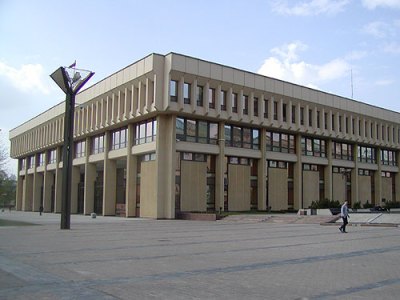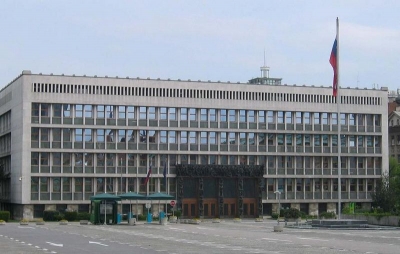President of the Socialist International, George Papandreou Jnr, into the office of Prime Minister on his third attempt.
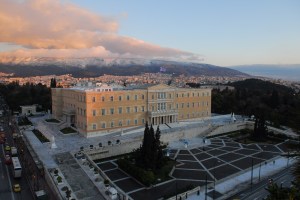
- Vouli ton Ellinon, Athens
Whilst most of Europe’s attention was focused on voting in a small country at one end of the EU over the weekend, at the opposite end of the continent another country, Greece, was electing a new government. And, whilst barely compensating for the loss of any left influence in the governance of one of Europe’s economic powerhouses last week, the result will help to ensure the retention of a reasonable sized left-leaning bloc on the Council of Ministers. It has also catapulted the
Greece has been governed by the centre-right Néa Dēmokratía(New Democracy – ND) and Prime Minister Kostas Karamanlis since 2004, following an eleven year period under Panellinio Sosialistikó Kínima (Panhellenic Socialist Movement – PASOK). Since the early 1980s, PASOK has very much been the default party of government – helped by its birth in the struggle against the dictatorship of the Generals – with brief intervening periods of ND rule. Yesterday’s results suggest that this may not be about to change.
The five year government of Karamanlis has been a relatively unhappy period for Greece, beginning with a failure to capitalise on the legacy of the 2004 Athens Olympics, a poor government responseto the series of devastating summer fires, through to the violent rioting of last December. Despite being elected on a promise to clean up Greek politics, entrenched issues of corruption, graft and cronyism seem, if anything, to have got worse during the lifetime of Karamanlis’ government. On top of this have come the inevitable effects of the global recession: 2009 is expected to be the first year of negative economic growth for decades and government debt is touching 100% of GDP. (more…)
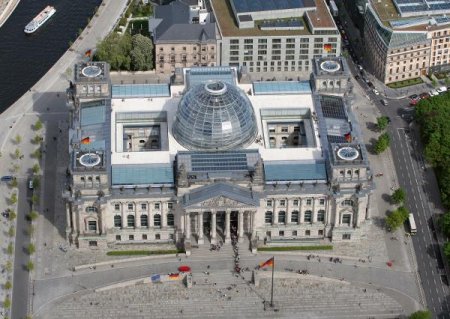 One weekend, two elections. And two rather differing stories for the European centre left.
One weekend, two elections. And two rather differing stories for the European centre left.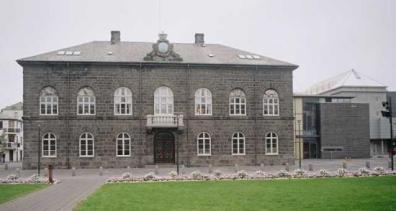

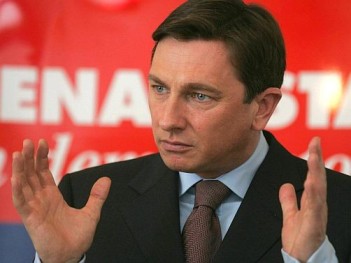
 I am away this weekend (the picture should be a clue as to where) and today looks busy, so probably no posting this side of Monday. Don’t cry too much, please.
I am away this weekend (the picture should be a clue as to where) and today looks busy, so probably no posting this side of Monday. Don’t cry too much, please.